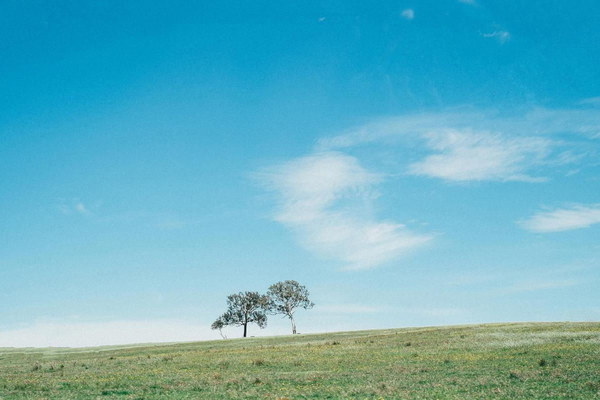Эмили Э. Дикинсон. Мой чёлн иль в море затонул
Мой чёлн иль в море затонул —
Иль встретился штормам —
Иль островами привлечён,
Дал отдых парусам —
Каким же тайным якорем
Он держится день сей —
На водной глади бухты,
Найти свой путь скорей.
52
Whether my bark went down at sea —
Whether she met with gales —
Whether to isles enchanted
She bent her docile sails —
By what mystic mooring
She is held to-day, —
This is the errand of the eye
Out upon the bay.
Emily Dickinson
Прим. переводчика:
Стихотворение написано в 1858 году, Эмили 28 лет. Она говорит о своей душе, олицетворяя её с лодкой на морском заливе.
В первом четверостишии рассматривая 3 пути, а во втором говорит о настойящем (today): "We are reminded to think about why and how you are alive. What sort of mooring precisely is the "mystic mooring" and why is the soul/bark moored at all? The eye, the window of the soul, needs to think about these questions".
Dickinson divides this metaphor of a soul being likened to a small boat into two stanzas. The first reminds us that there is no way to know what will befall the soul on its journey once free of the body. There are three alternatives presented, however: 1) sink and drown, implying a lack of spirit; 2) go down in a big storm, implying a fighting spirit albeit defeated; or 3) by careful tacking and calm intent arriving at Paradise, implying a flexible, amenable spirit.
I don't really think Dickinson is preferencing the enchanted isles option. To reach it means bending "docile sails". Docility means meekness, teachability, obedience--especially when coupled with the word "bent". One suspects Dickinson's spirit is not there.
The second stanza refocuses us on the Now. Here we are on the Bay rather than the sea. And we are still alive rather than a post-mortem soul on its journey. Dickinson even supplies the word "today". We are reminded to think about why and how you are alive. What sort of mooring precisely is the "mystic mooring" and why is the soul/bark moored at all? The eye, the window of the soul, needs to think about these questions.
Susan Kornfeld
Стихи.ру 20 сентября 2015 года
Иль встретился штормам —
Иль островами привлечён,
Дал отдых парусам —
Каким же тайным якорем
Он держится день сей —
На водной глади бухты,
Найти свой путь скорей.
52
Whether my bark went down at sea —
Whether she met with gales —
Whether to isles enchanted
She bent her docile sails —
By what mystic mooring
She is held to-day, —
This is the errand of the eye
Out upon the bay.
Emily Dickinson
Прим. переводчика:
Стихотворение написано в 1858 году, Эмили 28 лет. Она говорит о своей душе, олицетворяя её с лодкой на морском заливе.
В первом четверостишии рассматривая 3 пути, а во втором говорит о настойящем (today): "We are reminded to think about why and how you are alive. What sort of mooring precisely is the "mystic mooring" and why is the soul/bark moored at all? The eye, the window of the soul, needs to think about these questions".
Dickinson divides this metaphor of a soul being likened to a small boat into two stanzas. The first reminds us that there is no way to know what will befall the soul on its journey once free of the body. There are three alternatives presented, however: 1) sink and drown, implying a lack of spirit; 2) go down in a big storm, implying a fighting spirit albeit defeated; or 3) by careful tacking and calm intent arriving at Paradise, implying a flexible, amenable spirit.
I don't really think Dickinson is preferencing the enchanted isles option. To reach it means bending "docile sails". Docility means meekness, teachability, obedience--especially when coupled with the word "bent". One suspects Dickinson's spirit is not there.
The second stanza refocuses us on the Now. Here we are on the Bay rather than the sea. And we are still alive rather than a post-mortem soul on its journey. Dickinson even supplies the word "today". We are reminded to think about why and how you are alive. What sort of mooring precisely is the "mystic mooring" and why is the soul/bark moored at all? The eye, the window of the soul, needs to think about these questions.
Susan Kornfeld
Стихи.ру 20 сентября 2015 года
Метки:









